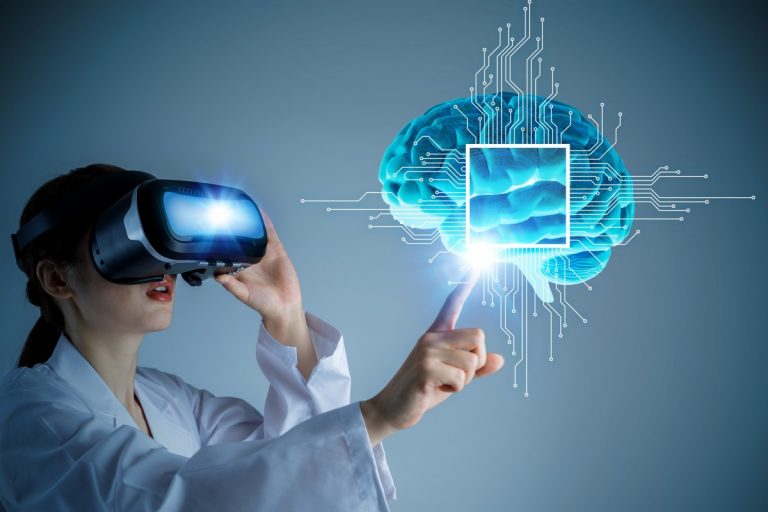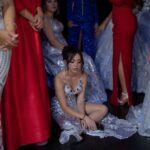
Medical students have to understand a patient’s condition through textbooks and talking to patients. But now, students can experience complicated afflictions through the patient’s eyes – all thanks to Virtual Reality (VR) technology.
Traditional teaching methods may produce doctors who can proficiently diagnose and treat patients. Symptoms can be learnt, techniques can be perfected, but no amount of reading or practising can develop the ability to understand what a patient is going through … until now.
The frustration from struggling to hear, the isolation from sight difficulties and the helplessness of not being able to articulate yourself all become the student’s reality for seven minutes through the VR program “We Are Alfred”.
Alfred, an elderly African-American character, is struggling from macular degeneration, hearing loss and some mild cognitive issues. He guides viewers through the experience of barely hearing his family sing him happy birthday, having to navigate around the black dot in the centre of his vision due to macular degeneration and humiliating trips to the doctor with his son as his speaker.

Medical students at The University of New England experience first hand how macular degeneration affects patients. Source: New Hampshire Union Leader.
“We’re trying to get our students to understand the person-to-person approach of caring for people and working with people, we don’t want to just teach in a classroom. They’ve got to know people to help heal people,” Dr Marilyn R Gugliucci, Professor and Director of Geriatrics Education and Research at the University of New England College of Osteopathic Medicine, told New Hampshire Union Leader.
The innovative use of VR hopes to instil empathy among young students who will otherwise not understand the complex emotions that these conditions produce.
“Virtual reality connects humans to other humans in a profound way I’ve never before seen in any other form of media, and it can change people’s perceptions of each other,” said Chris Milk, in his Ted Talk, “‘How virtual reality can create the ultimate empathy machine”.
And it seems to be working. According to The Portland Press Herald, 94 percent of the students said they had increased empathy for people such as Alfred and at least 90 percent said they understood macular generation and hearing loss better.
"We are Alfred" – Teaching medical students about the #aging experience using #VR via @embodiedLabs https://t.co/r7u9AY0u1O #meded
— Planetary Health Futurist (@ManeeshJuneja) June 4, 2016
Ryan Hoang, 23-year-old medical student at the University of New England told The Portland Press Herald: “Being in someone’s shoes and being in their perspective, it lets you experience the reality of having no control.
“It was definitely frustrating. It makes you realize how important it is for a doctor to recognize what patients are going through and adapt your practice to meet their individual needs.”
Four young entrepreneurs had developed the VR program after CEO Carrie Shaw became a carer for her mother with early-onset Alzheimer’s disease, prompting her to consider whether giving health care providers first-hand perspective will help them to be better at their jobs.
Gugliucci too recognizes the need for better patient engagement among students. She told the New Hampshire Union Leader: “Healthcare and medical care are not the same. We’re putting the emphasis on health.”
https://twitter.com/nnlmner/status/865241268921749506
One and a half billion people are estimated to be 65-years-old or over by 2050, according to the World Health Organisation. This means that it is paramount that health professionals understand ailments afflicting the elderly on an emotional level.
It is hoped that more innovative use of technology, such as “We Are Alfred”, can be implemented in medical schools elsewhere, to produce better-trained doctors.







